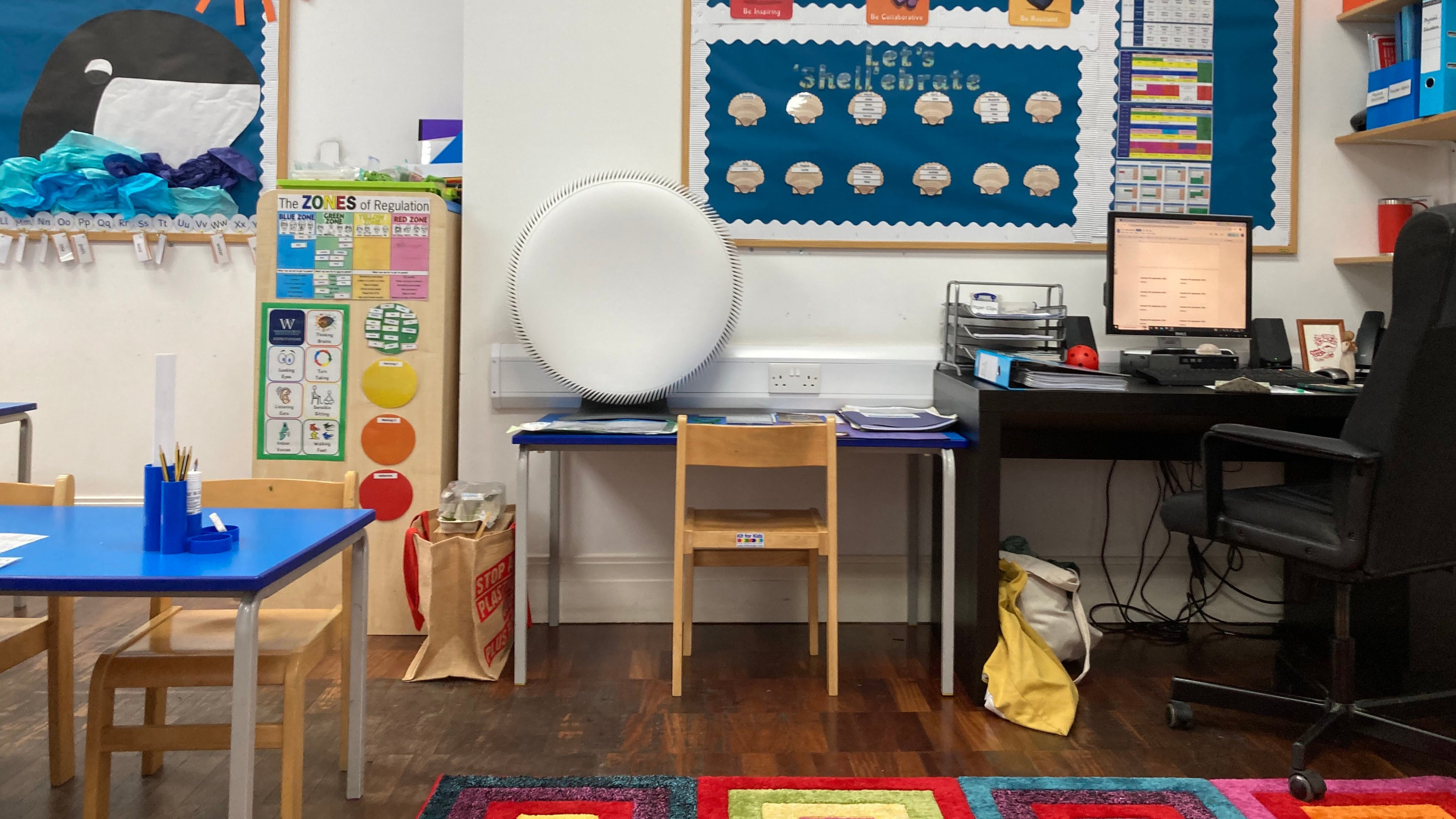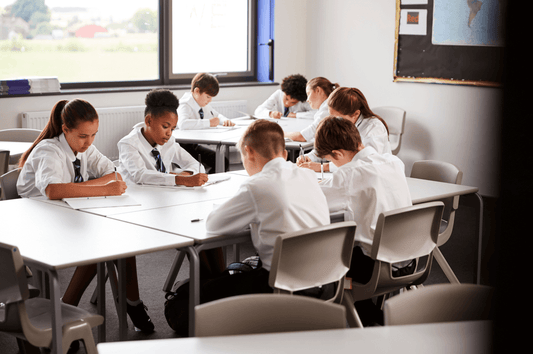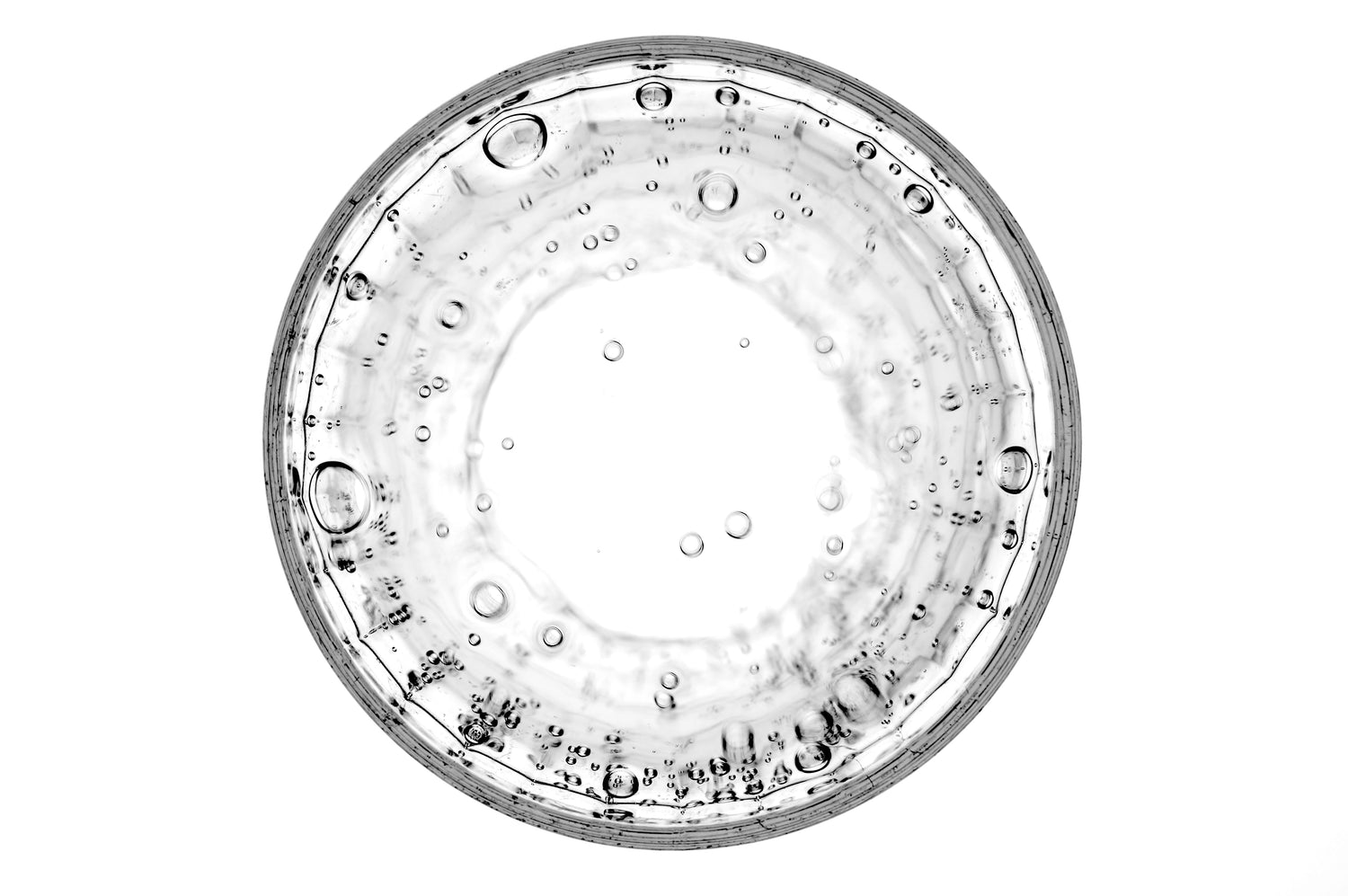
Scientific Research
Laboratory air cleaning is a top priority for many laboratories, as the widespread use of formalin and xylene in pathology and histology laboratories can cause elevated contamination levels and therefore long term exposure of staff and work processes to elevated formalin and xylene levels.

Education
School air filtration is essential, as school children are particularly vulnerable to air pollution. Their breathing rates are higher in relation to their body weight, and their lung development has been shown to be directly affected by exposure to air contamination.
Our products in action
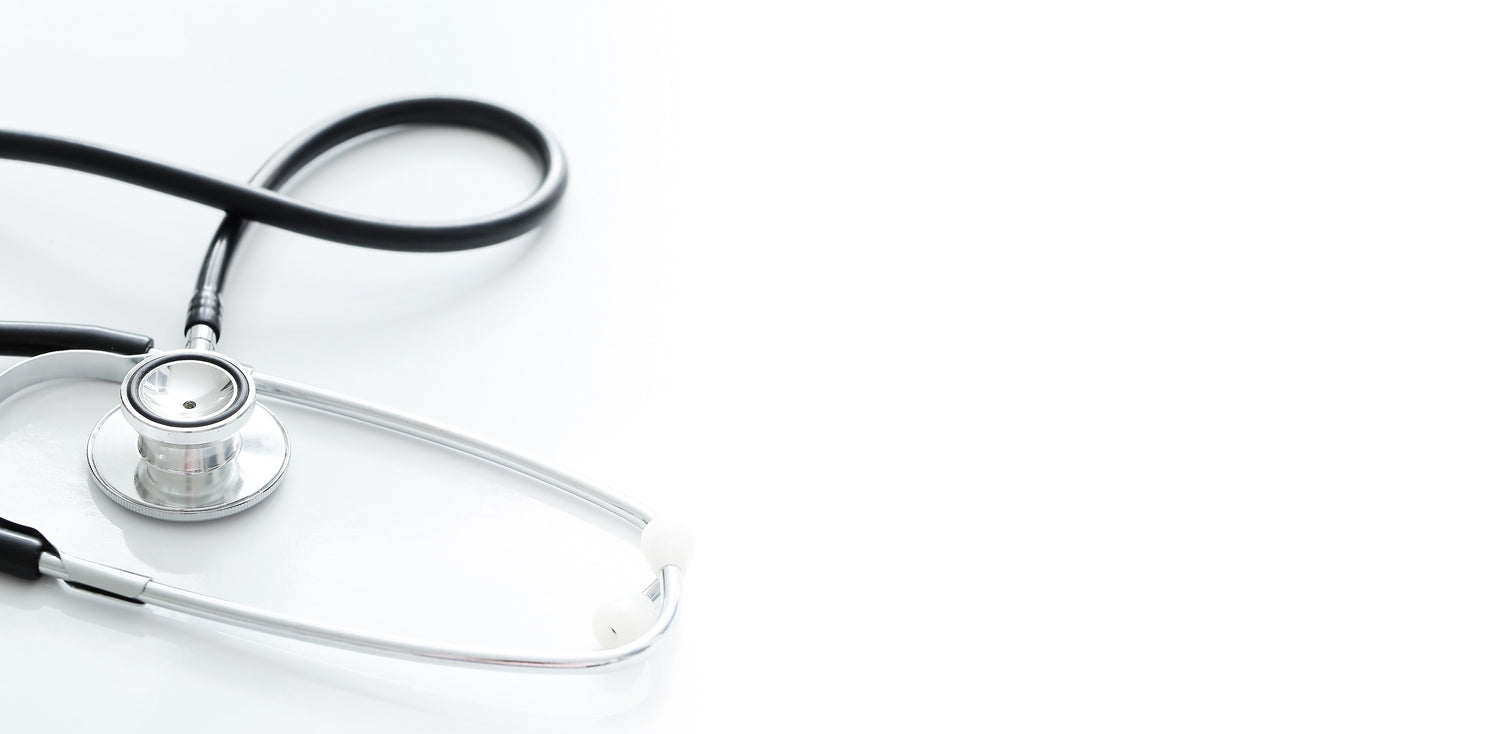
Healthcare
Airborne transmission is a known route of infection for diseases such as tuberculosis and aspergillosis and is linked to outbreaks of MRSA. Hospital air filtration is an essential solution. Providing clean air to sensitive areas through existing ventilation systems can be challenging, but Commercial Air Filtration provides a solution; high-performance mobile hospital air filtration systems.
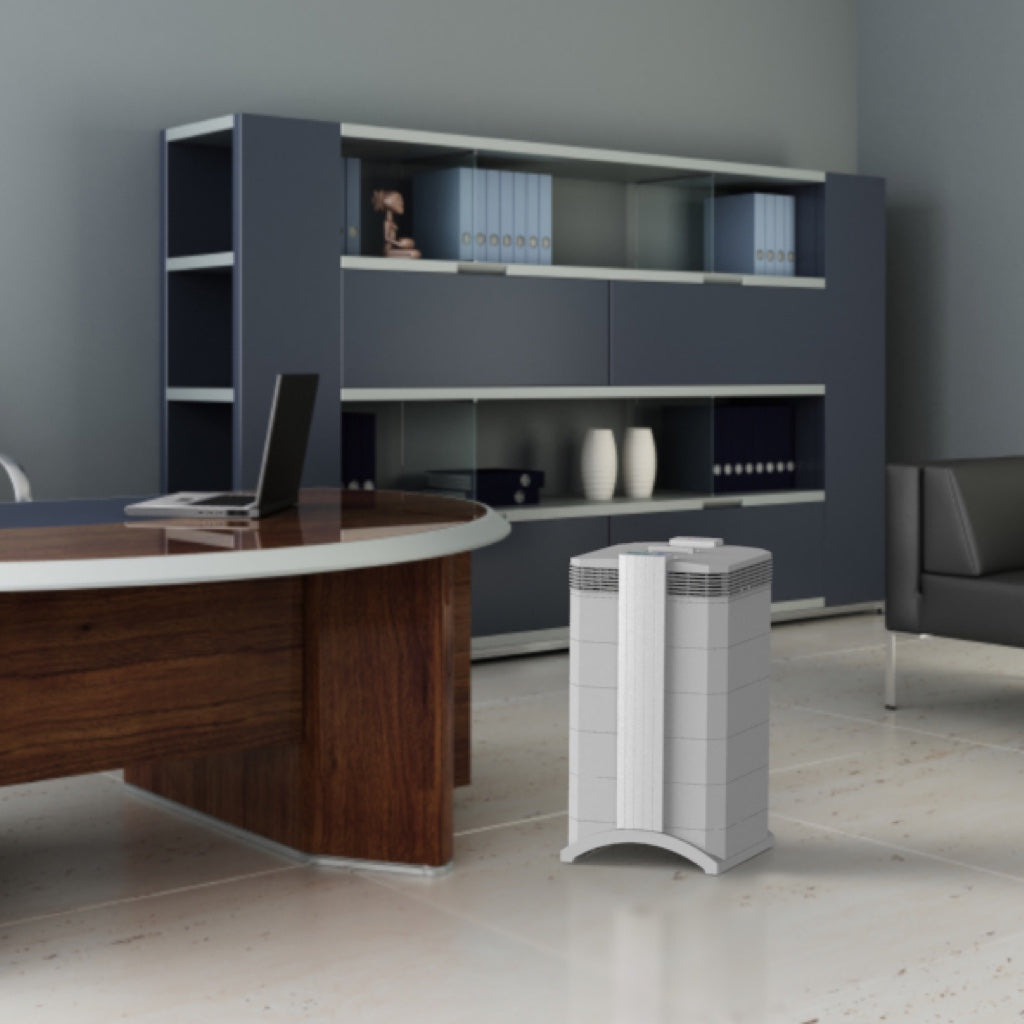
Who We Are
Our company provides commercial settings throughout the UK with expert advice and solutions for the filtration and control of airborne particles, gases and chemical contamination.
To discover how we can help your organisation address its airborne hygiene needs, call or email us today.

